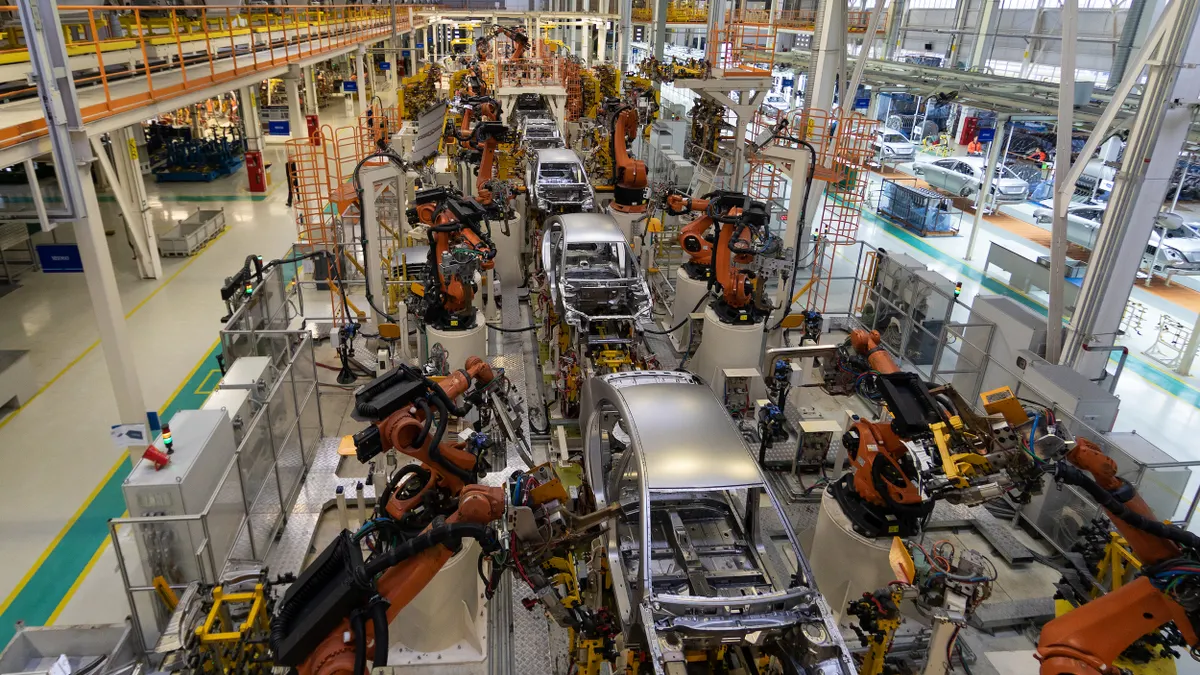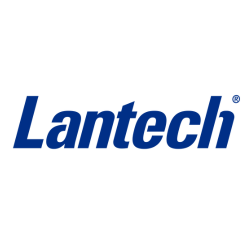Dive Brief:
- Semiconductor giant Qualcomm Inc. has agreed to buy Alphawave Semi for $2.4 billion in an effort to better position itself for the artificial intelligence and data center boom.
- The acquisition, expected to close during the first quarter of 2026, would provide San Diego-based Qualcomm with key assets from Alphawave, a U.K.-based chip designer focused on high-speed connectivity and compute silicon for 5G wireless, AI and data center applications.
- The deal is part of a recent acquisition spree by Qualcomm to build out and enhance its product capabilities for the next generation of technologies.
Dive Insight:
In recent years, Qualcomm, a competitor with Intel, Apple and Nvidia, has been in growth mode to be part of the next wave of AI smartphones and expand into new markets.
In April, the company said it acquired the generative AI division of Vietnam-based company VinAI to improve research and development and accelerate the creation of advanced solutions for smartphones, PCs, vehicles and other products.
Qualcomm also recently purchased connected vehicle technology firm Autotalks to advance its smart mobility segment. Last year, Qualcomm added Foundries.io to its portfolio, expanding its internet-of-things capabilities.
Qualcomm, known for its Snapdragon processors used for gaming, cameras and audio, is also seeking to be a larger player in the expansion of AI-driven data centers.
The company’s next-generation processors Oryon CPU and Hexagon NPU are a “natural fit for data center workloads” and complementary to Alphawave’s high-speed technologies, Cristiano Amon, president and CEO of Qualcomm, said in a statement.
The pending deal is a milestone for Alphawave as it looks to expand its customer base, unlock growth opportunities and drive technological innovation.
Qualcomm primarily owns or leases manufacturing facilities across China, Germany and Singapore, according to its latest annual report dated Sept. 29, 2024. It also has sales, administrative and R&D centers in the United States, India and China.
The company saw revenue grow 17% in the quarter ending in March to nearly $11 billion compared to last year. It also saw net income grow 21% to $2.8 billion as it navigated tariff headwinds.














